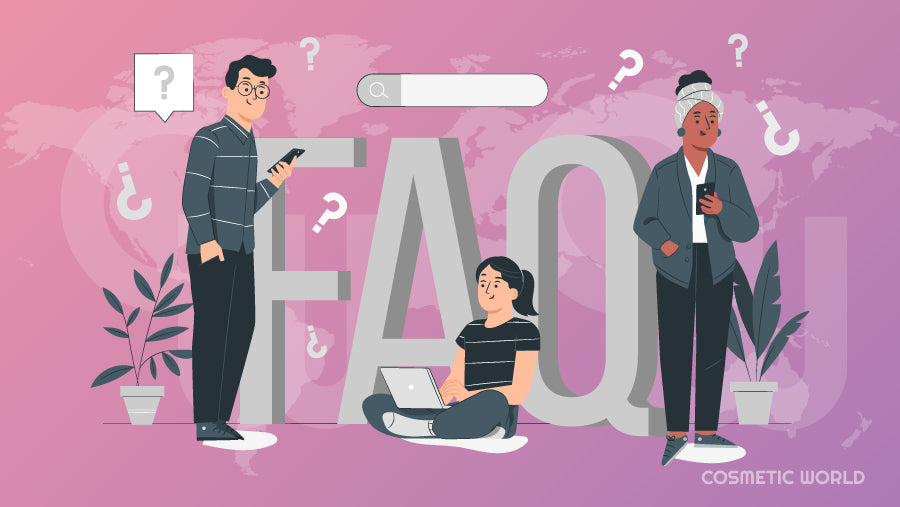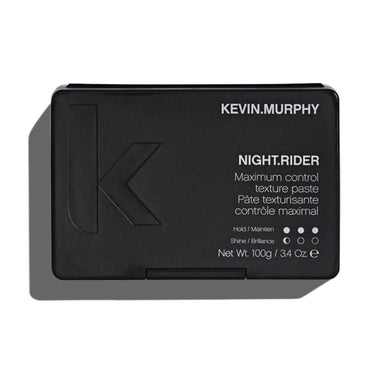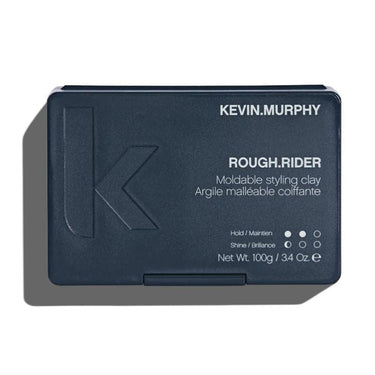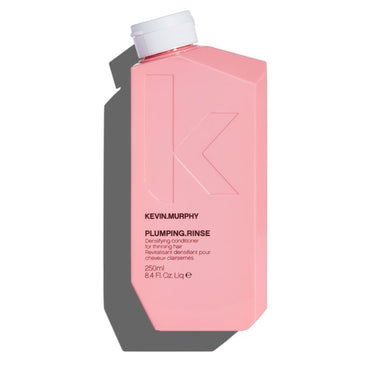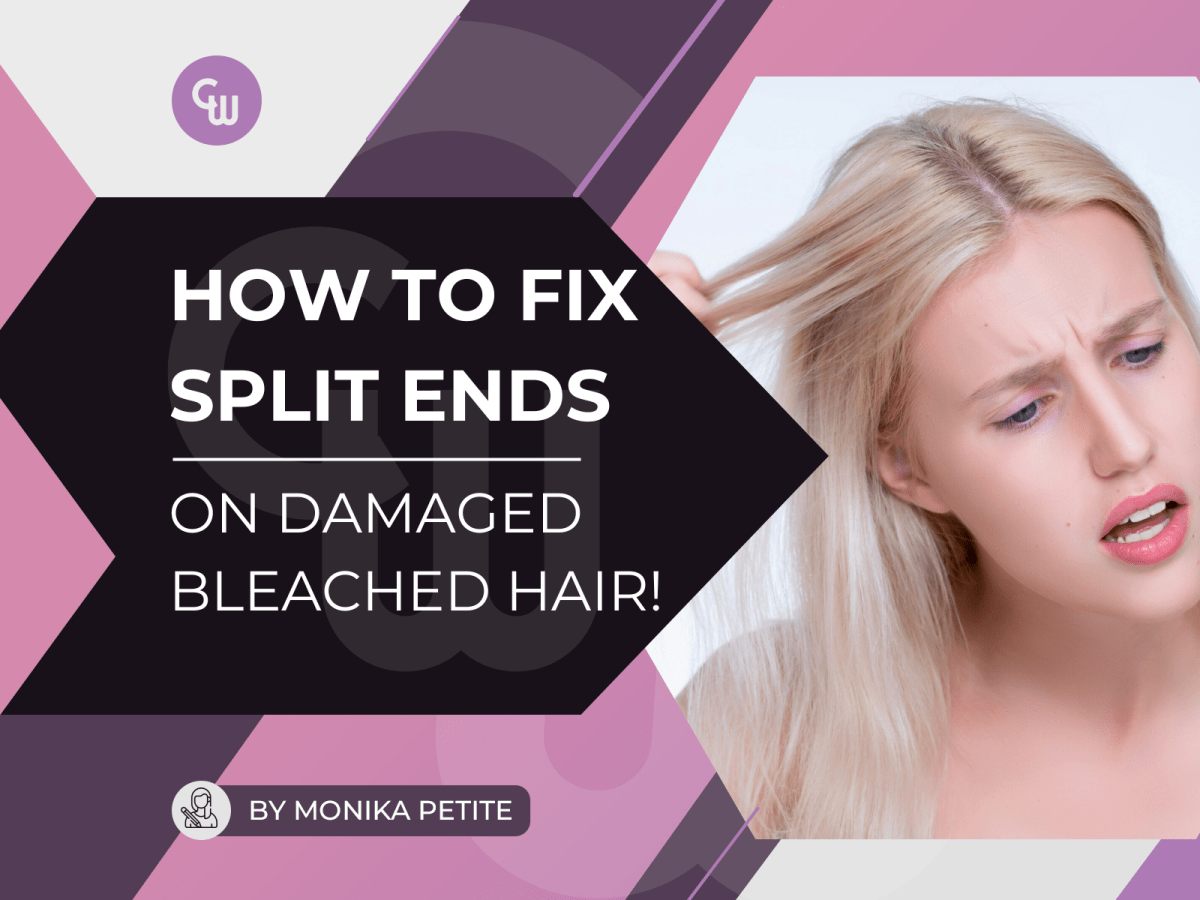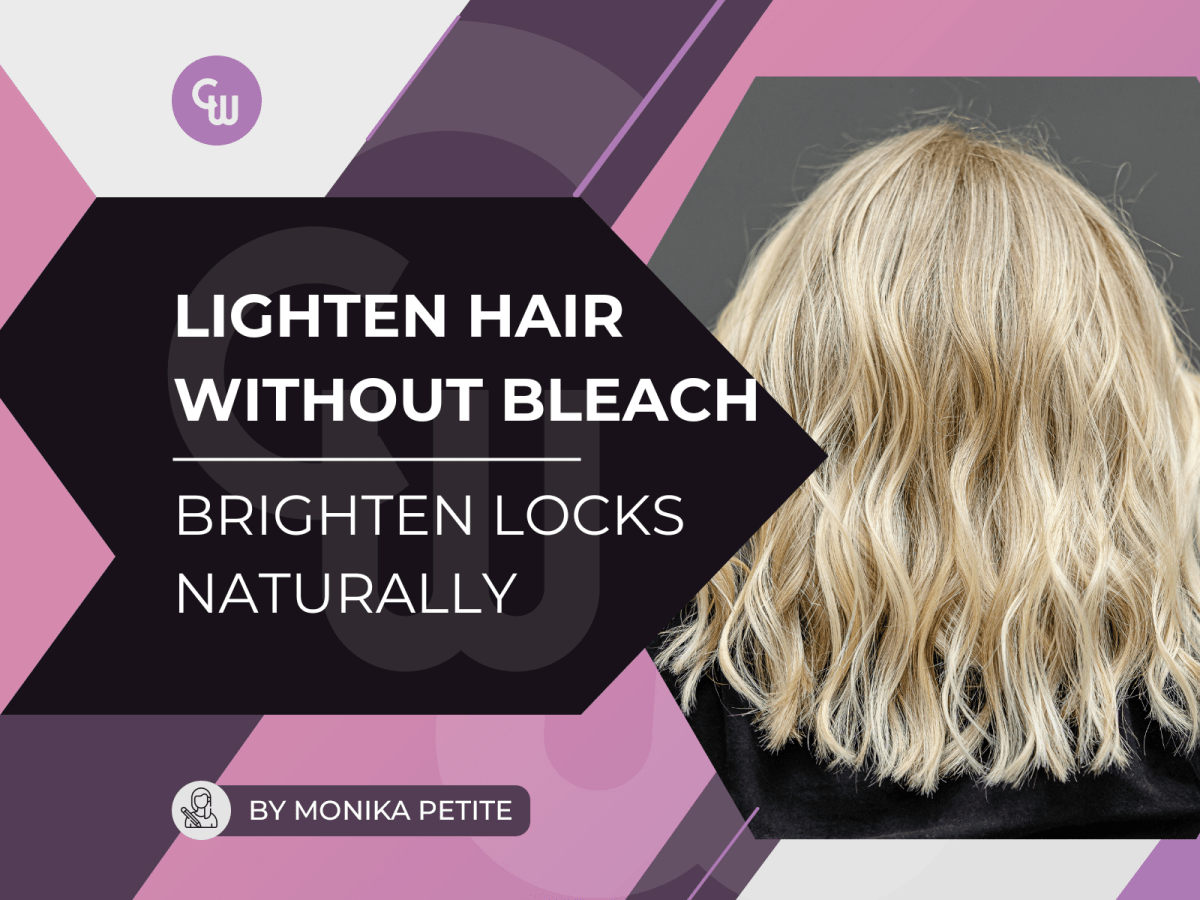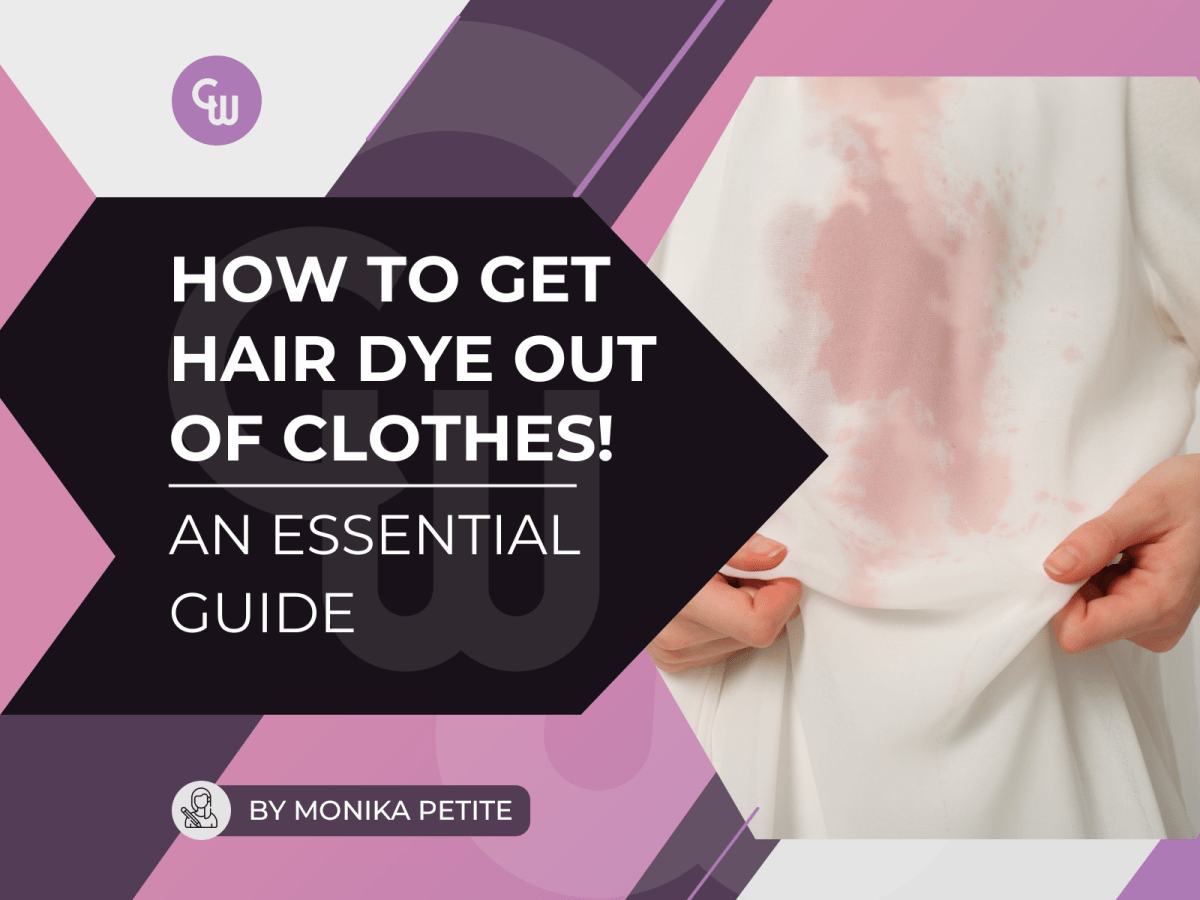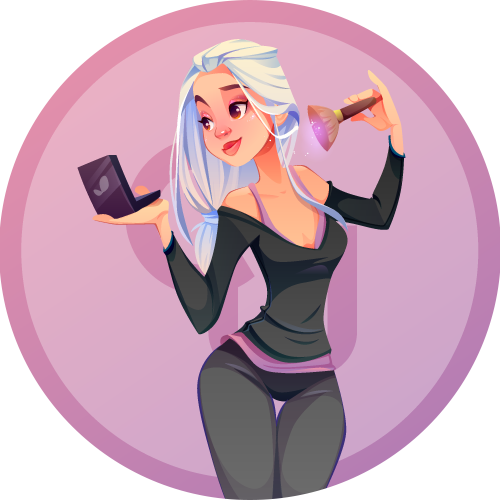Let's discuss a subject that's slicker than a politician's speech — oily hair. You know, when your luscious locks decide to shine brighter than the top of a buttered popcorn bucket. Some mornings, you wake up, look in the mirror, and scream, "Why is my hair so oily?!" Well, today, we're going to embark on a journey into the world of greasy hair, demystifying the causes and uncovering the cures.
Table of Contents
- What is Oily Hair?
- Understanding the Concept of Oily Hair and Scalp
- How Would You Know If You Have an Oily Scalp & Dry Hair Ends?
- Causes of Greasy Hair
- Why is My Hair Greasy All of a Sudden?
- Common Mistakes Leading to Oily Hair
- How to Control and Care for an Oily Scalp & Dry Hair Ends
- Oily Hair Treatment
- Treatment for Oily Hair after Washing
- Switching out Your Shampoo for a Clarifying Option, Using a Lighter Conditioner
- When to See a Doctor
- FAQ
- Conclusion
In this article, we'll delve deep into understanding the mechanics of an oily scalp and how it conspires with your hair to turn it into a grease fest. We’ll explore everything from the reasons behind this excess oil production to the telltale signs that you might be dealing with an oily scalp and dry hair ends.
We'll identify the common mistakes that might be making your oily hair worse, and suggest tips and tricks to prevent your hair from going into oil overdrive. From exploring the impact of your favorite hair products to the effect of personal habits on your hair health, we'll leave no stone unturned in our quest to help you manage and maintain your fabulous mane. So, fasten your seatbelts and let's dive in!
What is Oily Hair?

Oily hair, or 'greasy hair,' is what happens when your scalp goes into overdrive, pumping out more oil than a midnight fast food joint. Your scalp is naturally equipped with sebaceous glands that produce sebum – an oily substance that adds shine to your hair and keeps it healthy. But when the party gets out of control, you end up with an oily scalp and greasy hair.
And here are some examples of oily hair:
Understanding the Concept of Oily Hair and Scalp
Is Oily Hair Healthy?
If your hair could talk, it would probably tell you that oil isn't the enemy. A little natural oil keeps your hair looking luscious, and your scalp, nourished. But there's a fine line between "glowing like a goddess" and "drowning in grease." Oil helps maintain hair health, but an oily scalp with dry hair ends may suggest an imbalance in oil production.
Identifying Oily Scalp and Dry Hair Ends
Ever felt like your hair roots are greasier than a deep-fried doughnut, while the ends are as parched as a desert? This unique combo of oily scalp and dry hair ends is more common than you think. If your hair strands are slippery and shiny at the roots but frizzy and dry at the ends, you're playing host to this hair conundrum.
How Would You Know If You Have an Oily Scalp & Dry Hair Ends?

Knowing is half the battle, right? Well, if your roots get greasy faster than you can say "dry shampoo," and your ends look like they've never met a drop of moisture, you likely have an oily scalp and dry hair ends. Overactive sebaceous glands produce excess sebum leading to oily roots, while your poor hair ends are left high and dry.
Why Does Hair Get Oily?
Oily hair isn't just a cruel joke by the universe. Your sebaceous glands produce natural oils to keep your hair healthy and moisturized. But when these glands decide to overachieve, your hair can go from fresh and clean to greasy and oily in no time.
Causes of Greasy Hair
Genetics 🧬
Sometimes, the root cause of our hair troubles lies in our genes (yep, feel free to blame your lineage). Some of us are naturally predisposed to produce more oil due to our genetic makeup. So, if your mom, dad, or even Great Aunt Bertha struggled with an oily scalp, there's a chance you might have inherited this trait. It's like getting your dad's nose or your mom's eyes, only this time it's your family's overactive sebaceous glands. Remember, darling, it's not a flaw; it's your own unique, albeit a little greasy, fingerprint!
Overwashing 🚿
Now, this might sound counterintuitive, but washing your hair too frequently can actually make your hair greasier. Overwashing strips the scalp of its natural oils, which are essential for a healthy scalp and hair. In response, the scalp goes into a sort of panic mode and pumps out even more oil to compensate for the loss. It's like a well-meaning party host who, seeing the snack table empty, brings out three more bowls of potato chips! So, remember, dear reader, sometimes less really is more when it comes to washing your hair.
Underwashing 🚫🚿
On the other end of the spectrum, washing your hair too infrequently can also lead to oilier locks. When you don't wash your hair enough, oil, dirt, and product build-up have a party on your scalp, leading to that greasy look and feel. Think of it like forgetting to take out the trash – if you let it pile up, it's going to get messy. Hence, finding the Goldilocks of hair washing schedules – not too much, not too little, but just right – is essential for keeping the greasiness at bay.
The Impact of Hair Products 💇♀️💥
Are your hair products doing more harm than good? If you're using the wrong shampoo, lathering on too much conditioner, or letting product buildup, your products might be turning your hair from fab to drab.
The Role of Personal Habits 🙋♀️🔀🧖♀️
Your habits could be secretly sabotaging your hair game. If you're constantly running your fingers through your hair, using a dirty hairbrush, or sleeping on grubby pillowcases, you're giving oil a free pass to run wild.
Why is My Hair Greasy All of a Sudden?
Abrupt Changes
If your hair has suddenly decided to morph into a grease factory, there could be a few reasons. Changing your diet or introducing new, heavy products into your hair care routine can shake things up and make your hair feel greasy.
Hormonal and Environmental Influences
Hormones can throw your oil production out of whack, too. Puberty, pregnancy, and menopause can all trigger excess oil. And if you thought you could control everything, Mother Nature might have other plans. Changes in the weather and environment can also crank up the oil production.
Common Mistakes Leading to Oily Hair
Shampoo Mistakes 🚫🧴❗️
Your shampooing routine might be leading to more oil. Not washing your hair properly, overwashing, or using more shampoo instead of adding water can all mess up your scalp's oil balance.
Conditioner and Product Mistakes 🚫🧴📦❗️
Are you making conditioner blunders? Applying too much, or using a heavy conditioner not suited to your hair type, can weigh your hair down and make it greasy. Depending too much on dry shampoos can also lead to product buildup and increase oiliness.
Routine Mistakes ⏰🚫🔄❗️
If you're constantly touching your hair or sleeping on dirty linens, you're giving your scalp a one-way ticket to Greasetown. Keeping your hands off your hair and ensuring your beddings are clean can help prevent oily hair.
Maintenance Mistakes 🚫🔧❗️
When it comes to brushing your hair, it's all about balance. Not brushing enough can allow oil to build up at the scalp, while brushing too much can stimulate your scalp to produce more oil. It's all about finding that 'Goldilocks' balance.
How to Control and Care for an Oily Scalp & Dry Hair Ends
Preventing Greasy Hair after Washing
Start by using lukewarm water when you wash your hair. Hot water stimulates your scalp to produce more oil. Avoid washing your hair daily, and when you do, make sure you rinse thoroughly to prevent oily buildup.
Choosing the Right Hair Products
Here are some product categories that can be your knight in shining armor when you're wrestling with the oily hair dragon:
-
Clarifying Shampoos: These are like detox for your hair. They can help remove excess oil, sebum, and product buildup, giving you a fresh start.
-
Light, Volumizing Conditioners: If your hair is prone to oiliness, heavy, creamy conditioners can make things worse. Look for a light, volumizing conditioner and remember, it should mainly be applied to the ends of your hair.
-
Dry Shampoos: These are great for those 'in-between wash' days. They help absorb oil and give your hair a fresh, clean look. Just don't overdo it, as they can lead to product buildup.
-
Hair Masks for Oily Hair: Specific hair masks are designed to address oily hair concerns. They can help balance the scalp and manage oil production.
-
Scalp Treatments: Scalp treatments can be particularly helpful if you have an oily scalp. They can help exfoliate, detoxify, and rebalance your scalp.
-
Styling Products for Fine Hair: If you have fine hair, it can look greasy quickly. Use light styling products that don't weigh your hair down and cause it to look greasy.
-
Oil Control Hair Products: Some products are specifically designed to control oil production, such as hair serums and leave-in treatments.
-
Natural Remedies: Products containing natural ingredients like apple cider vinegar, tea tree oil, or aloe vera can help manage oily hair without harsh chemicals.
Remember, not all products will work the same for everyone, and it may take some trial and error to find what works best for your hair. You're unique, darling, and so is your hair!
Smart Hairstyling
Your styling routine could also be contributing to oily hair. Minimize the use of oily styling products and avoid hairstyles that pull or stress the scalp, which can stimulate oil production.
Oily Hair Treatment
Treatment for Oily Hair after Washing
Consider using apple cider vinegar to rinse your hair after washing. It helps balance the scalp's pH level, reducing oil production.
Switching out Your Shampoo for a Clarifying Option, Using a Lighter Conditioner
Switching to a clarifying shampoo can help remove excess oil and product buildup. A lighter conditioner, preferably a leave-in type, can help control frizz at the hair ends without greasing up the scalp.
Here is a short 2 minutes video I found for you from a Dermatologist with some smart tips and tricks:
When to See a Doctor
If you've tried all the tips and tricks in your arsenal and your hair is still more 'oil slick' than 'sleek and shiny,' it may be time to consult a professional. Conditions like seborrheic dermatitis can cause excess oil production, and a doctor can help diagnose and treat this.
FAQ
How do I stop my hair from being so oily?
Short answer: With hair care routine 🚿💆♀️🌿
Combatting oily hair involves adopting a comprehensive hair care routine that caters to your unique hair needs. This could involve choosing the right hair products like a clarifying shampoo, not overwashing your hair, reducing the use of heavy styling products, and ensuring you're not touching your hair too much.
Why is my hair greasy immediately after washing?
Short answer: Probably a product buildup 🛀🧴🚫📦
This could be due to product buildup, not rinsing thoroughly, or using too much conditioner. Remember, less is more!
Why is my hair so greasy after 1 day?
Short answer: Overactive sebaceous glands or other cause 🌿⚙️🛢️🔥
If your hair is greasy after just one day, it could be due to factors such as overactive sebaceous glands, the use of heavy hair products, hormonal fluctuations, or even your diet.
Is it healthy to have greasy hair?
Short answer: No 👎
While natural oils are necessary for hair health, excess oil can lead to problems like dandruff and seborrheic dermatitis. Moderation is key!
What vitamin deficiency causes oily hair?
Short answer: No direct link between a vitamin deficiency and oily hair 🤷♀️🔍🚫
When it comes to vitamins, there isn't a direct link between a specific vitamin deficiency and oily hair. However, an overall healthy diet promotes healthy hair. Always remember, darling, your hair reflects your overall health!
How do you get rid of an oily scalp naturally?
Short answer: Try some home remedies 🏡🌿💆♀️✨
To get rid of an oily scalp naturally, you could consider home remedies such as rinsing your hair with apple cider vinegar, which can help balance the scalp's pH level or using a tea tree oil solution, known for its antibacterial and antifungal properties. But always remember, the right solution is unique to you, just like your fabulous self!
Conclusion
We've reached the final chapter of our oily hair odyssey! We’ve traversed the tempest of overactive sebaceous glands, explored the labyrinth of greasy roots, and sailed through the waves of oily strands. Now that we've come to the end of this voyage, I hope you’re feeling armed and ready to combat that pesky greasy hair.
From questioning "Why is my hair so oily?" you've journeyed through learning about the mechanisms of sebum production, the impact of your own habits, and the power of the right hair care routine. You now know how to adjust your hair washing schedule, choose products wisely, and smartly style your hair without making it feel like an oil slick. Bravo, my beauties! You're now a force to be reckoned with in the world of oily hair!









